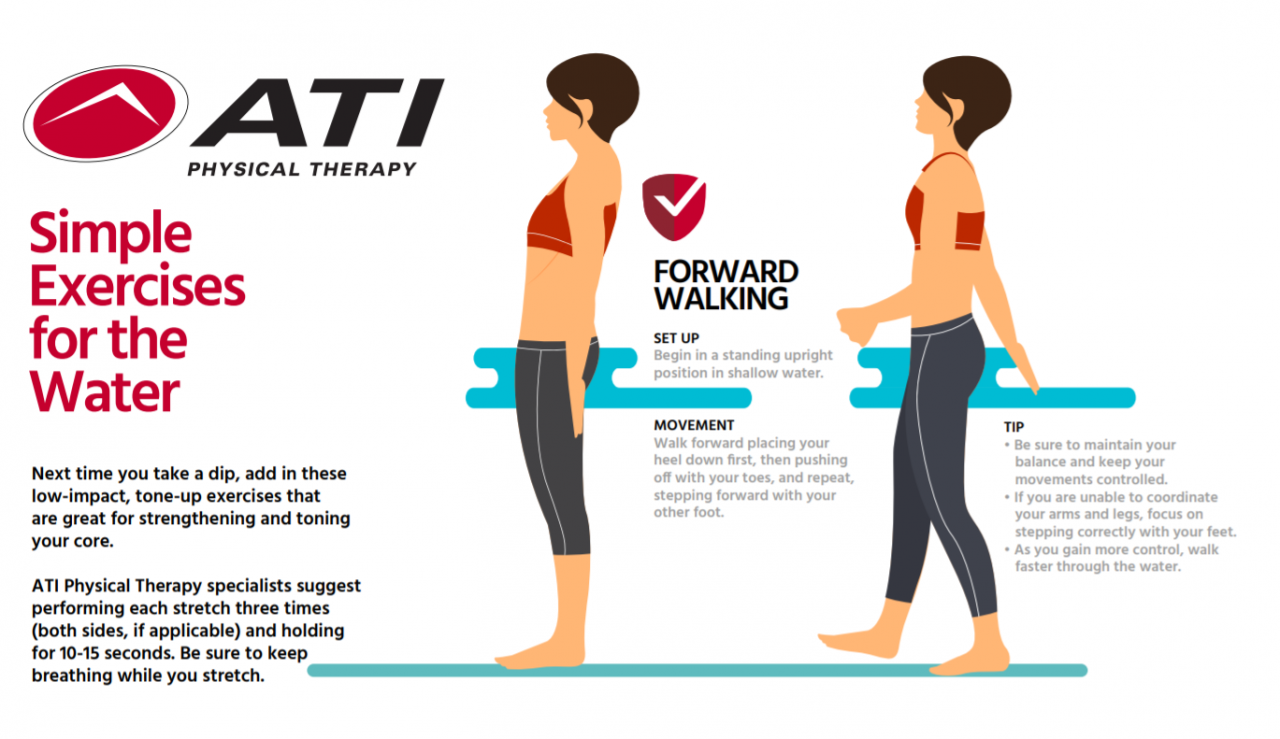
While a single meal a day diet may be appealing to some, it can have many negative consequences. One, it can make it difficult to exercise and prevent you from enjoying a wide variety of social experiences. It can also restrict your ability to make good choices and encourage mindful eating. We'll discuss the negative side effects of eating one meal a day.
Intermittent fasting
You may want to try OMAD, which is the "one-meal a-day diet." You can get more nutrients by eating only one meal a week. Although it is not easy, this can increase your metabolism and promote good health.
However, intermittent fasting may not be for everyone. People under 18 years old, pregnant women, and those with diabetes or other blood sugar issues should not do intermittent fasting. The body reacts differently to fasting. It is best to consult your physician before you start.
One meal per day
While eating only one meal per day may have some benefits, there are also potential side effects. Studies have shown that only eating one meal per week can cause an increase in blood pressure and cholesterol. This diet may not suit everyone, especially for those with health problems. It can also lead to spikes in blood sugar levels. Participants were asked to skip breakfast in some studies. The results showed that they had higher blood sugar levels the next morning.

A 2012 study found that only eating one meal per day can be unhealthy for your health. The mice were fed only one meal a day, which led to an increase in body weight and insulin. The mice's fatty tissues had higher levels of antioxidant damage. The researchers found that participants had higher blood pressure, cholesterol, blood sugar, and morning fasting levels.
OMAD diet
The OMAD Diet encourages a lower calorie intake but can lead to excessive eating and cravings for unhealthy foods. Additionally, this diet can be hard to maintain long term, and it may cause you to gain weight, especially for those who have a lot social interaction.
The OMAD diet is not a good choice for anyone with gastrointestinal problems. It may also interfere with medication absorption, which could increase side effects. It is best to avoid this if you have a history of eating disorders.
Health benefits
Some research suggests that eating only one meal a day can help you lose weight. However, a 2012 mouse study found that it may worsen your health. The mice who ate only one meal a day had a higher body weight and more insulin and fat in their blood. They were also at greater risk for oxidative harm, which can negatively impact your overall health. Another study found that a person who ate only one meal a day experienced higher blood sugar levels in the morning and a lower level in the afternoon.
One meal per day is the theory behind calorie restriction. One meal per day means that a person will have fewer calories and the body can use its fat for fuel. Because you have been fasting 23 hours, your body will have more calories to fuel it. This provides immediate energy, which helps to prevent constipation, aids fat mobilization, and improves digestion. The idea is to eat fewer calories but eat more often.

Dangers
Eating only one meal a day may be harmful for your health. Studies show that it raises insulin levels and fat levels in the body. It slows down your metabolism. It can cause fatigue, irritability and unfocused. Poor food choices are another possible side effect.
Not only can this have a negative impact upon your health but it can also cause disordered eats and negatively affect your social life. It can also lead you to nutrient shortages, which can have devastating consequences. People who attempt to follow this diet plan eat high-calorie, processed food. You can still lead a healthy lifestyle if you eat balanced meals and snacks, even though this might be an issue for some.
FAQ
Why Exercise Is Important to Weight Loss?
The human body, an amazing machine, is incredible. It was created to move. It's designed to move.
Exercise also burns calories and improves muscle tone. This can make you feel more positive both physically and mentally. People may have heard that exercising is important for weight reduction. But how can this be true?
-
Exercise boosts metabolism. When you're active, your body will use energy. When you move, your heart beats quicker, blood flows to your muscles, oxygen is absorbed by your lungs, and blood flows faster to your muscles. All these activities use energy. Your metabolic rate increases, which means you'll burn more calories while exercising. Burning calories is how much energy your body uses during physical activity.
-
Exercise reduces appetite. When you work out, you will naturally eat less calories.
-
Strength is built through exercise. Muscle tissue needs more energy to function than fat tissue. So if you build lean muscle mass, you will need less food to maintain your current weight.
-
Exercise releases endorphins. Endorphins are hormones that make you happy. They are released when you exercise. Endorphins have been shown to prevent pain signals from reaching your brain. This can give you a sense of well-being.
-
Exercise increases self-esteem. Regular exercise is associated with higher self-esteem. They live longer, healthier lives.
Small changes are the best way to lose weight. Add one of these tips today to your routine.
How can I lose weight?
People who desire to look great are most interested in losing weight. People desire to lose weight because they want to live longer, feel healthier, and live longer. There are many different ways to lose weight. Cardio training, strength training yoga, pilates running, swimming and cycling are just a few of the options. Each type of exercise comes with its own set of benefits and drawbacks. Walking is the best way to lose calories. Lifting weights is a better choice if you are looking to increase muscle mass. We'll be discussing how to lose weight, and which exercise is best.
The first thing to consider when losing weight is what kind of diet plan you should follow. You don't have to eat as much, but you do need to reduce the amount of processed foods and avoid junk. It's recommended to consume at least 2200 calories per day. Reduce your calorie intake if you are looking to lose weight more quickly. This way, you will get rid of fat much faster.
Exercise is a great way to lose weight quickly. Exercise helps you burn calories and increase metabolism. It is important to combine exercise with healthy eating habits in order to effectively lose weight. You'll lose more energy by exercising, so you'll be unable to eat as many calories. Your body will begin to burn fat quicker if you train regularly. Also, regular workouts help you maintain a healthy lifestyle. They can help you keep fit and prevent conditions such as heart disease, diabetes, hypertension and obesity.
You should walk as much as you can. Walking can burn around 500 calories an hour. A walk of 30 minutes per day can help you to burn approximately 1500 calories. This will result in a loss of 1 pound per week. You can also run/jog for 10 minute. Running burns about 1000 calories per hour. You should run 20 minutes each day if your goal is to lose five pounds in just three weeks.
Combining exercise with healthy eating habits is the best way lose weight. Try to find a balance between these two factors.
Are there any side effects to intermittent fasting
There are no known negative side effects of intermittent fasting. You might have minor problems if your plan is not well thought out.
For instance, if breakfast is skipped, you might feel uneasy all day. You might also experience headaches, dizziness, fatigue, and muscle cramps.
These symptoms often disappear within a few hours.
Statistics
- It's estimated that half of all American adults attempt to lose weight every year (1Trusted (healthline.com)
- Another study found that 24 weeks of weight training led to a 9% increase in metabolic rate among men, which equated to burning approximately 140 more calories per day. (healthline.com)
- A 12-week study in 20 women with obesity found that walking for 50–70 minutes 3 times per week reduced body fat and waist circumference by an average of 1.5% and 1.1 inches (2.8 cm), respectively (healthline.com)
- According to Harvard Health, it's estimated that a 155-pound (70-kg) person burns around 167 calories per 30 minutes of walking at a moderate pace of 4 mph (6.4 km/h) (5). (healthline.com)
External Links
How To
How to Intermittent Fasting
Intermittent fasting is a dieting method where you normally eat one day per week, usually Monday through Friday. This diet aims to lower your overall calorie intake, while still ensuring you get enough nutrition. This is believed to help you burn more fat than if your meals were regular throughout the week.
The most popular form of IF is to limit calories to certain days. This would mean that you skip breakfast each morning, and then eat whatever food you like throughout the day. It is possible to choose to have three smaller meals each day, rather than two large.
There are many different forms of intermittent fasting, including alternate day fasting, 5/2 fasts, 8/4 fasts, 16/8 fasts, etc. Each form of intermittent fasting comes with its own pros and cons. Alternate-day fasting is the easiest method to get started because it doesn't require any significant lifestyle changes. However, not everyone can stick to a rigid schedule. They might prefer to experiment with other methods.
Alternate-day fasting is a good option if you are looking to begin an intermittent fasting program. This will allow you gradually to transition into more extreme fasting habits without changing your lifestyle.